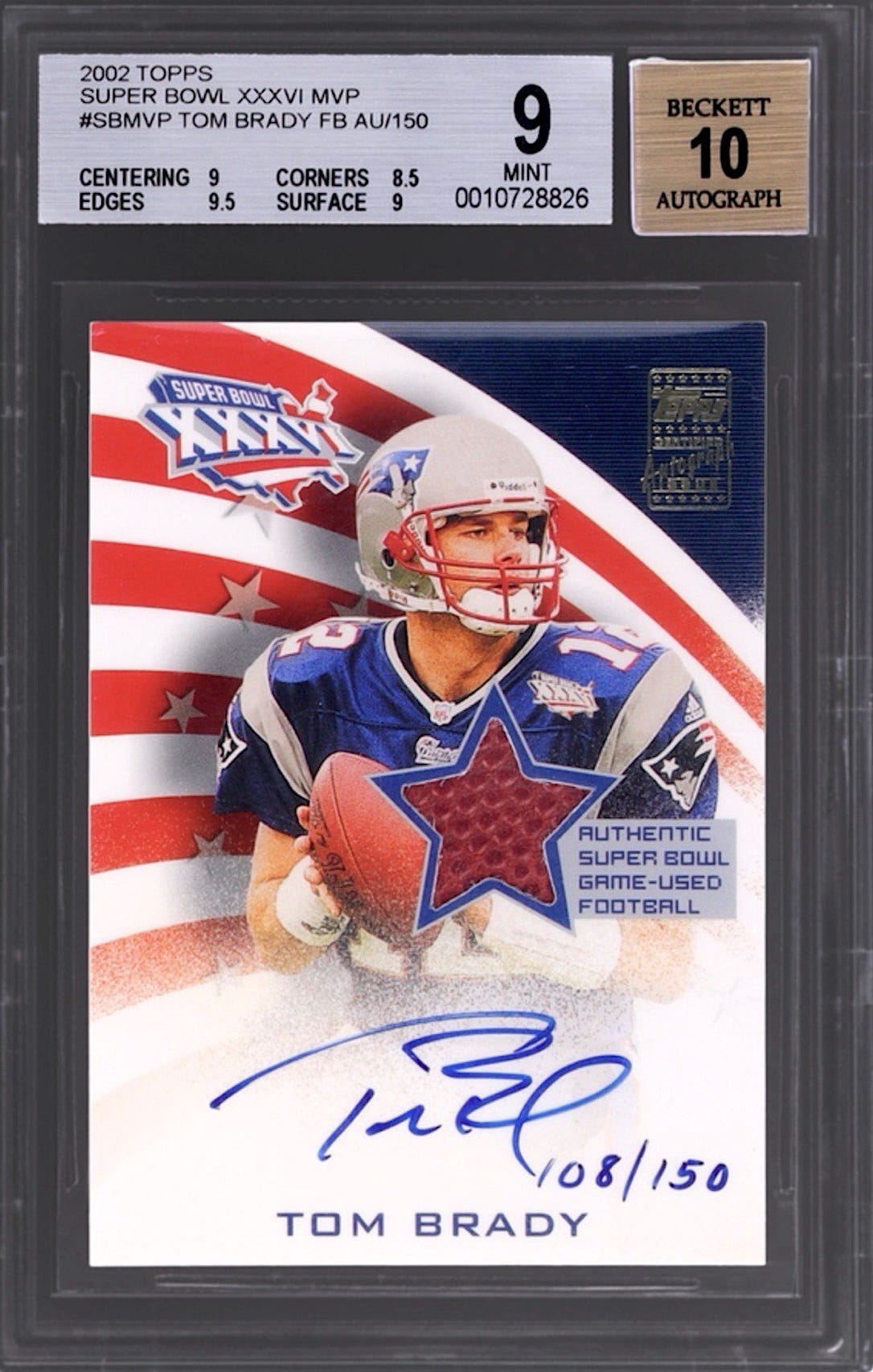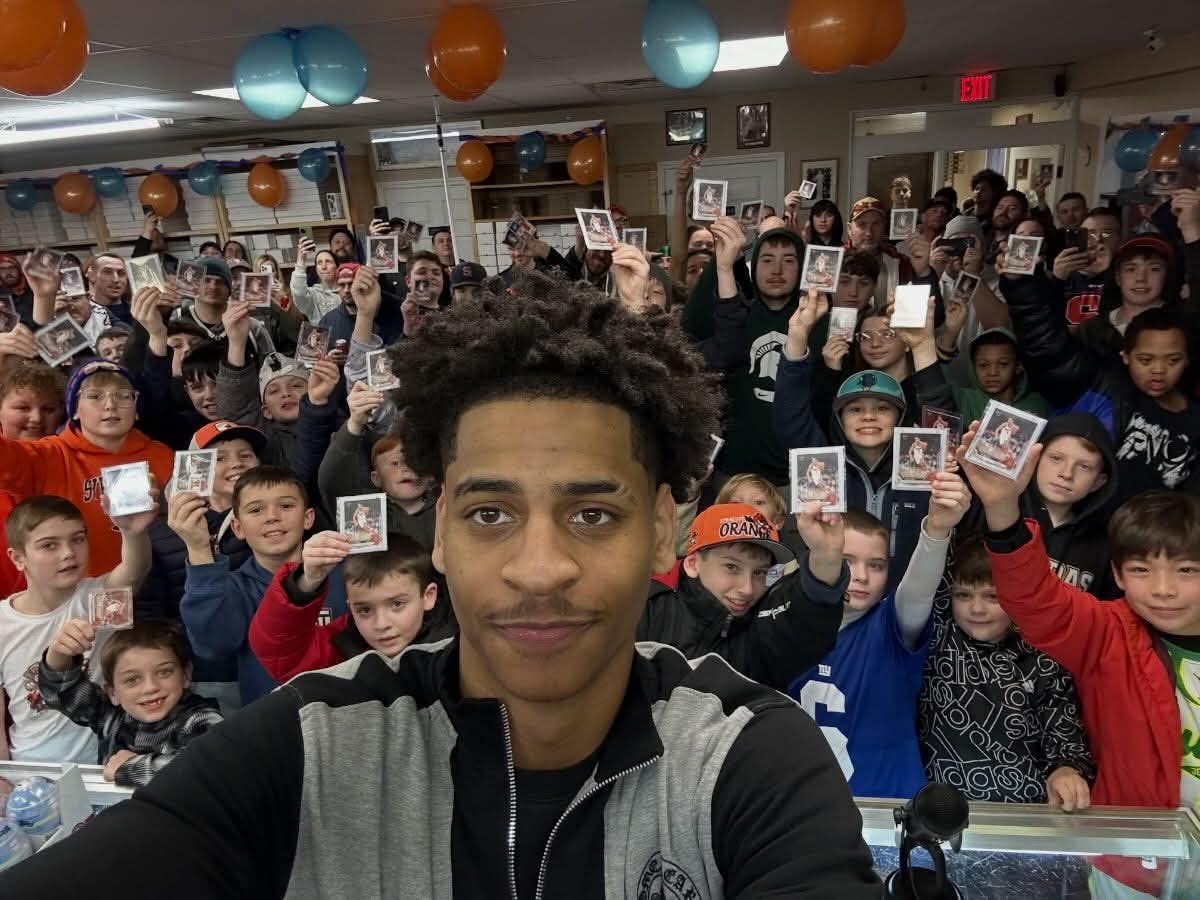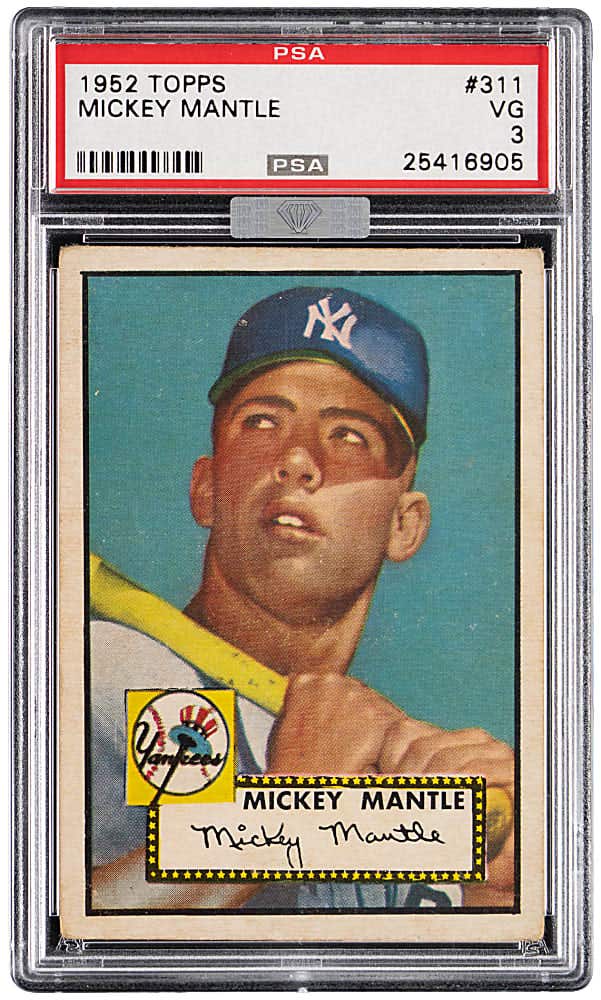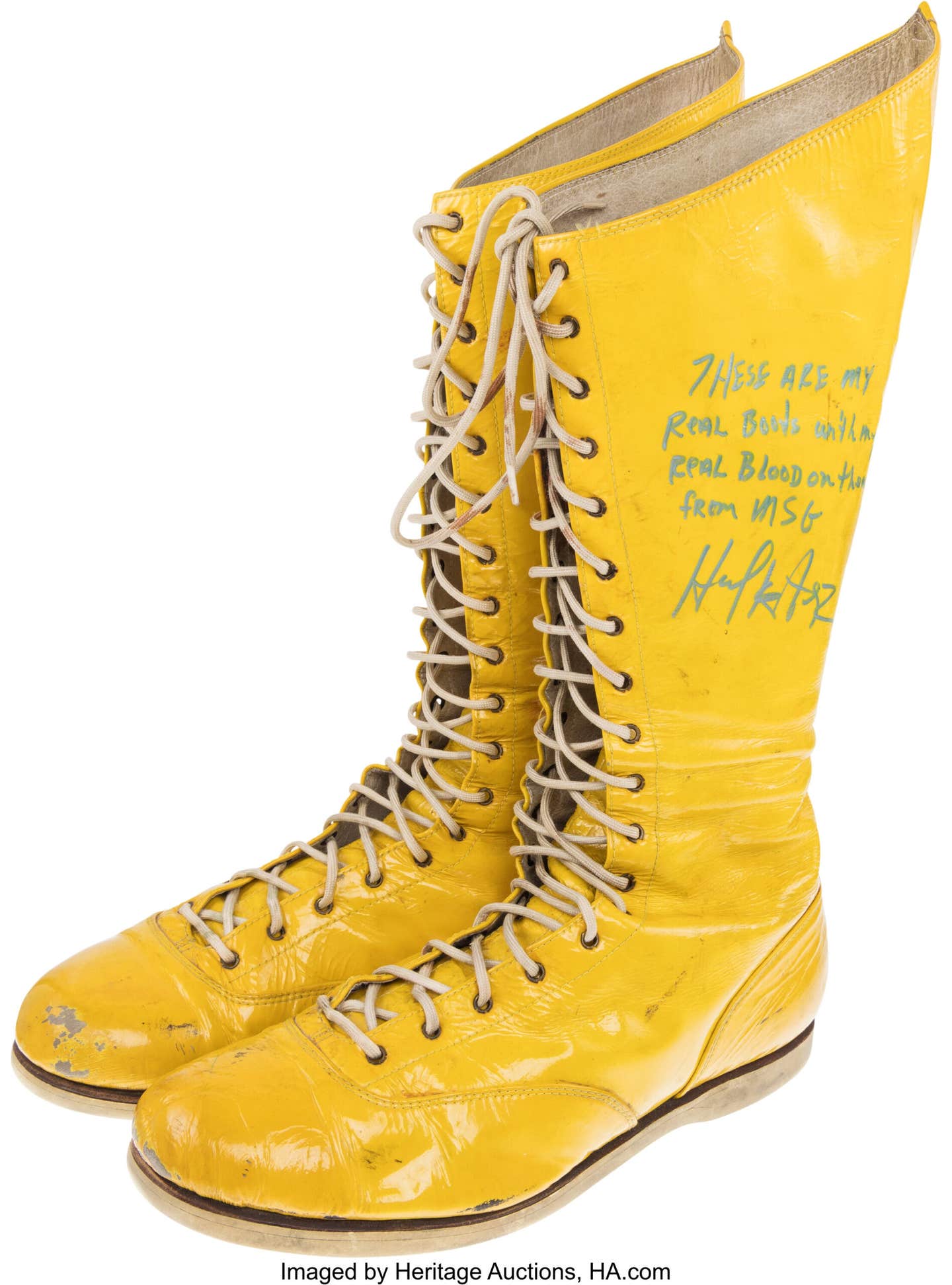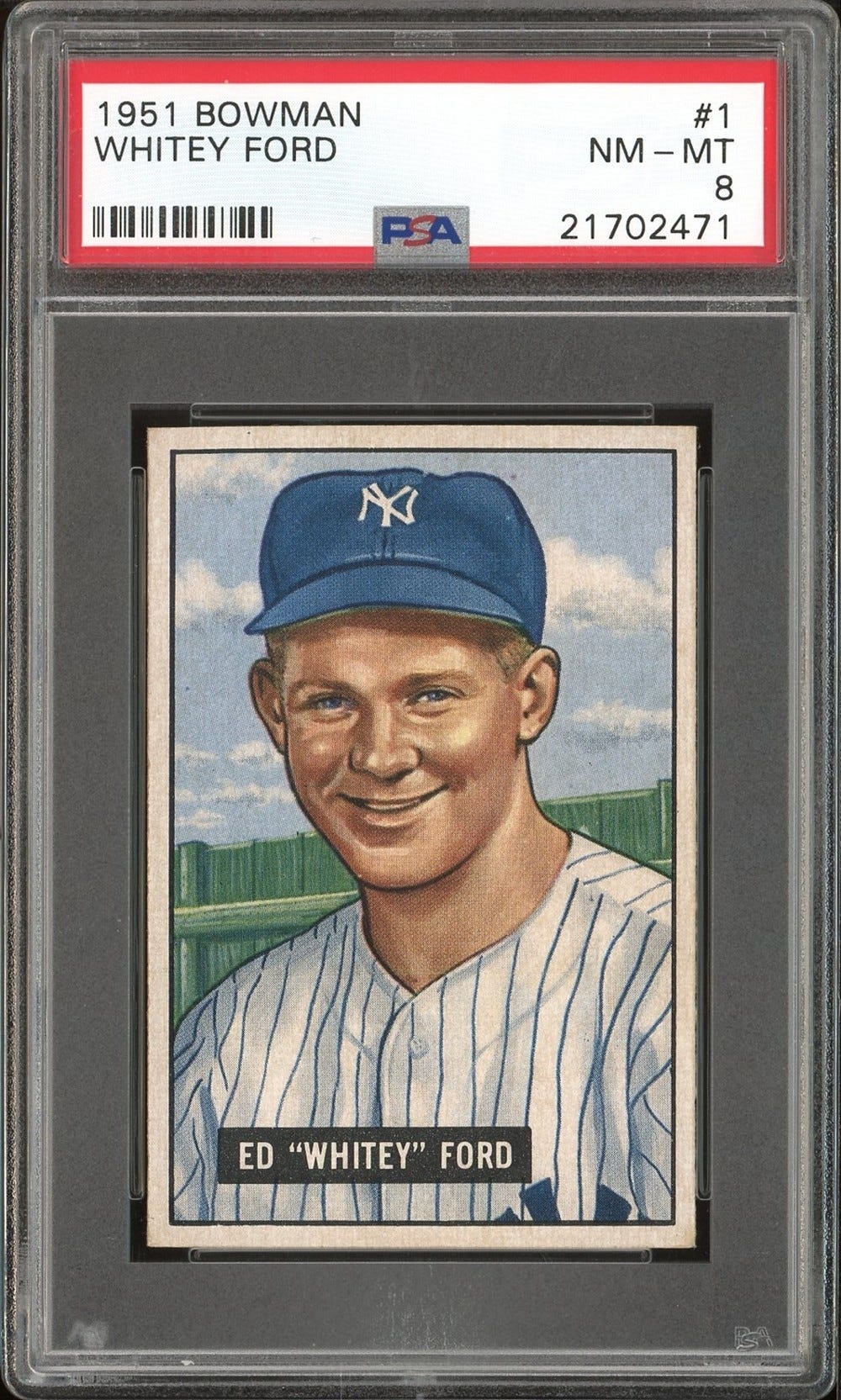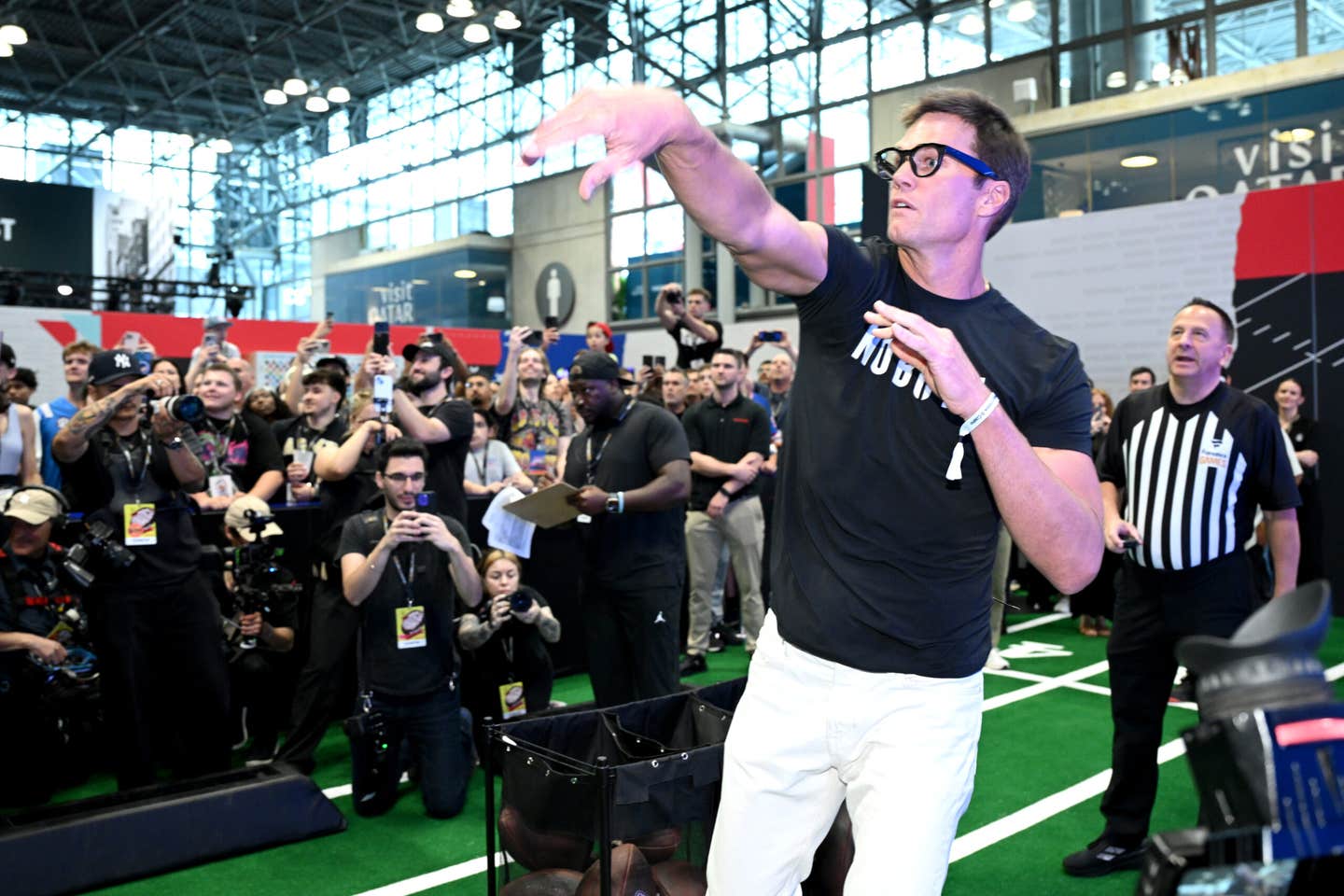News
Hall of Famers leave ’em laughing
By Dan Schlossberg
COOPERSTOWN, N.Y. — Serious one day, silly the next.
That’s the way the newest members of the Baseball Hall of Fame handled the annual Monday roundtable that finished the festivities of Induction Weekend.
Two former teammates with the New York Yankees, Mike Mussina and Mariano Rivera, proved to be the biggest cards on the stage at Clark Sports Center, site of their inductions a day earlier.
When Rivera told spectators he failed as a starter because he ran out of gas after five innings, Mussina held up two fingers, suggesting two innings was a better indicator of Rivera’s pitching stamina.
Mussina also admitted he filled a vial with dirt from the Yankee Stadium mound after his last game and had it authenticated in the clubhouse. “I didn’t want my kids to think it was dirt from the backyard,” he said.
The cerebral right-hander, who pitched 10 years for the Baltimore Orioles before spending his last 8 with the Yankees, Mussina also amused spectators with self-deprecating humor.
He pooh-poohed a suggestion from Rivera that relievers always have to stay ready while starters live the life of Reilly.
“Oh, sure, Mussina only went six innings and now he’s in the clubhouse eating a sandwich,” Mussina offered. “And then he doesn’t have to do anything for the next four days. In the meantime, Mariano and other closers always have to stay ready because they never know when they’re going to be called.”
Closers and designated hitters were widely considered part-time players until recently, with two of each earning enshrinement this year for the first time.
In addition to Rivera, who saved a record 652 games and received record-setting support from the Baseball Writers Association of America by being named on 425 of 425 ballots, the Veterans Committee selected fellow right-hander Lee Smith who pitched in 1,022 games for eight teams during his 18-year career.
Joining them at the roundtable were designated hitters Edgar Martinez, who spent his entire 18-year career with the Seattle Mariners, and Harold Baines, who played for eight teams over 22 seasons.
The other two members of the Class of 2019 were starting pitchers Mussina and the late Roy Halladay, who won Cy Young Awards in both leagues.
The path to Cooperstown was hardly paved in gold, they said at the roundtable.
After Baines was a first-round pick in the annual amateur draft, he had to think fast. “I had no agent so I found a lawyer in the yellow pages,” Baines revealed. “He represented me the next day.”
Even Mussina was overwhelmed. Drafted twice by the Orioles, he rejected the initial offer in favor of college ball at Stanford. “I didn’t know what I was dealing with,” he said. “I didn’t even know how to wash my clothes. But they needed a starter. We won the national championship (at Stanford) that year with one senior and two freshmen starting. And I would do the same thing again.”
Martinez, the fourth Hall of Famer from Puerto Rico, and Rivera, whose election attracted the attendance of the president of Panama, both had language barriers to overcome when their careers started. To illustrate how far they’ve progressed, both delivered their acceptance speeches Sunday in Spanish and English.
The first two Latinos inducted in the same year share the same philosophy.
As Martinez explained, “Even if you work hard, baseball teaches you to deal with failure. You fall, you get up again, and you can succeed even after you fail many times. If the bases are loaded and I strike out to end the game, I have to deal with that when I get home.”
Martinez rarely had that problem when facing Rivera, crafting a lifetime batting average of .571 against him.
The most memorable moment for Mariano against Martinez came in a game-ending situation in 2001, when the pitcher discarded his famous cutter in favor of an unexpected curve. The Seattle slugger was caught flat-footed.
While Martinez endured ongoing issues with a balky left hamstring, he didn’t come close to the long list of physical woes suffered by Baines. “I had to get to the ballpark early to get on the trainer’s table,” said Baines, who flirted with 3,000 hits but finished 184 short. “My last 12 years I had all one-year contracts.”
Mussina was much more fortunate, avoiding surgeries or physical problems that could have sidelined him. Rivera also managed to stay relatively healthy.
“I was hit by a line drive once and when I got back to the mound for a couple of weeks after that, it was tough,” said the lifelong starter, who won seven Gold Glove Awards for fielding excellence but never won a Cy Young Award or a World Series ring. “I was thinking every pitch, every ball, was coming right at me. I actually changed the way I threw the ball a little bit.”
Rivera’s attention was riveted on the hitter for the same reason. “Who says a pitcher isn’t a good athlete?” he demanded, pointing to the crowd. “We have to be good athletes to protect ourselves. When that ball comes back at us, it’s going 100 miles an hour.”
The stress of pitching also took its toll in other ways, said Rivera who started his career with a full head of hair. Now when he doffs his hat, he’s bald. Smith and Baines also lost the hair of their youth.
Baines might have lost some of it during a 25-inning game he ended with a home run in 1984. It was one of the most memorable games of his career, he said.
Topping the list was sharing the Baltimore box score with Cal Ripken Jr. Sept. 6, 1995, the night Ripken broke Lou Gehrig’s record of 2,130 consecutive games played.
“Cal changed his uniform eight times because everybody wanted something he wore,” Baines said. “I was very fortunate to play in that game.”
The starting pitcher for the Orioles at Camden Yards that night was Mussina. “I got to pitch (game) 2,131 but gave up a home run in the top of the first,” he told roundtable fans. “I said to myself ‘I’ve got to do better – this is a pretty big deal.’”
Rivera and Smith began as starters but moved to the bullpen rather quickly. “I was just happy to be in the big leagues,” Rivera said. “They put me in the bullpen for a reason.”
Smith was so unhappy with the move to the pen that he went back home to play college basketball. “You never know when you’re going to work,” said the towering right-hander. “I didn’t know how my arm was going to react. Then one of my friends said, ‘If you only go two innings, it might as well be the last two.’”
At the time he retired, Smith had the most saves in baseball history. Rivera and Trevor Hoffman, now his teammates in the Hall of Fame, later passed him.
According to Rivera, “Being a closer is like somebody giving me all their money and telling me to make it grow,” he said. “They put their trust in me.”
Smith had another perspective. “When you’re a closer and come into the game, the team has been battling for three hours but you can screw things up in 10 minutes.”
When he faced Phillies slugger Mike Schmidt, that often happened, Smith said. “Every time I came to Philly, there was always a limo waiting to take me to the ballpark.”
All five living inductees had to endure long bus trips to spring training exhibition games. “I told the clubhouse guy I didn’t want to see a gray uniform in my locker,” Rivera said. “I didn’t like the idea of riding three hours to pitch to three hitters.”
Mussina, ever the card, had a ready retort. “You could have developed a curveball and been a starter,” he smiled, poking fun in a fun-filled day of banter marred only by unseasonably cold temperatures and steady showers.
This was the second straight year that six men were inducted into the Hall of Fame, which now has 329 members. Next year’s induction ceremony is set for July 24, with former Yankee captain Derek Jeter, now CEO and part owner of the Miami Marlins, virtually certain to be the main attraction.



